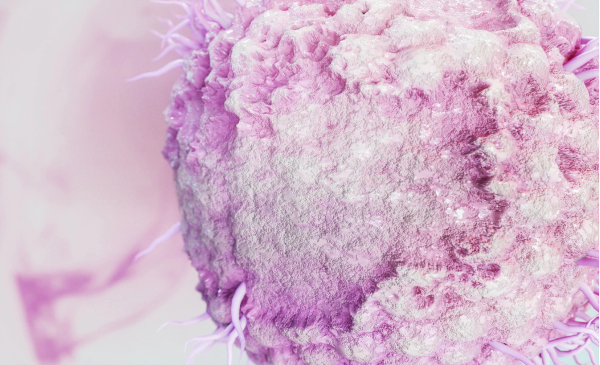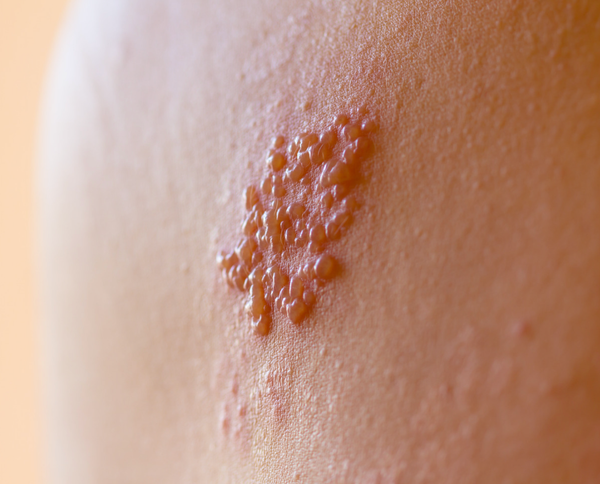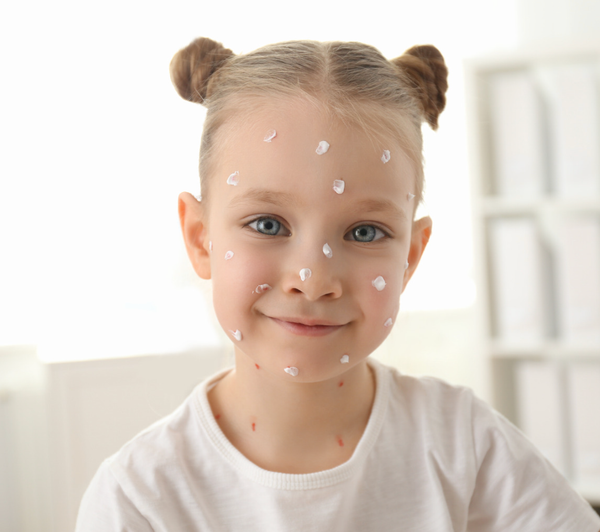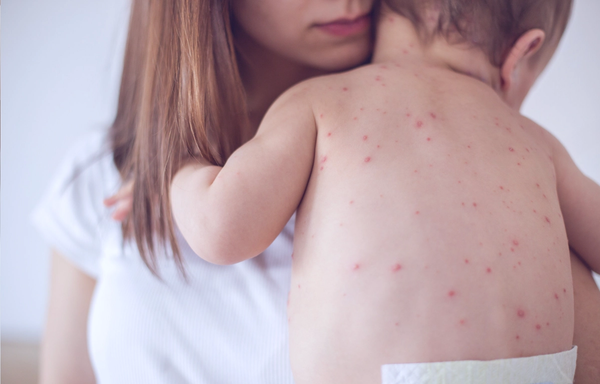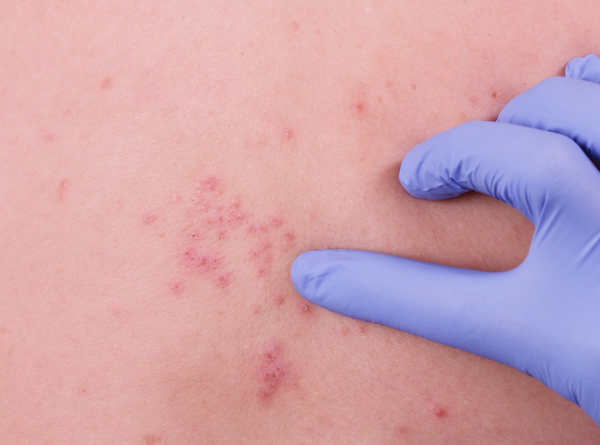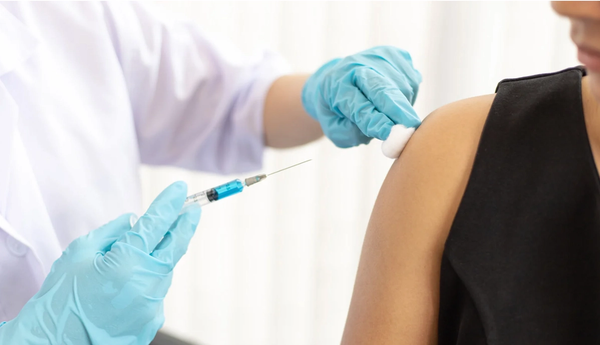Shingles (Herpes Zoster) - Symptoms, treatment and vaccine
Herpes zoster is a painful viral infection that can cause a blistering rash on the skin.
It is caused by the reactivation of the varicella-zoster virus, the same virus that causes chickenpox.
At Dr. Dropin, we offer rapid assessment and treatment of shingles, as well as information about vaccines to prevent the disease.
Read on to learn more
See available appointments
